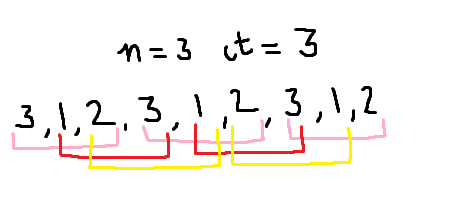Hello delta hunters!!
I forked and added few features to the popular CF Analytics Extension. You can review it here : CF Analytics: Ashray's Fork.
Below are the main features, that I personally really wanted, and are implemented.
- The extension can reproduce graph of problems solved overall, problems solved during contest and problems solved after contest separately.
Note: Problems solved during virtual contests will be considered Solved during contest.
| | |
- Now, you can click on the graphs to generate a list of all the questions you solved in that category.
| | |
- And Finally, Enabling the logarithmic Scale lets you hover and click over bars easily, here's a quick comparison for before and after.
| | |
I also implemented a cheat detection system, that could predict and catch about 35% cheaters highly accurately. But due to Access-Control-Allow-Origin (CORS) Security feature, the extension couldn't communicate with my server.
You can visit Github, and download the crx file for this extension from there. Download Instructions are given on the release page.
Please star my repository :)











